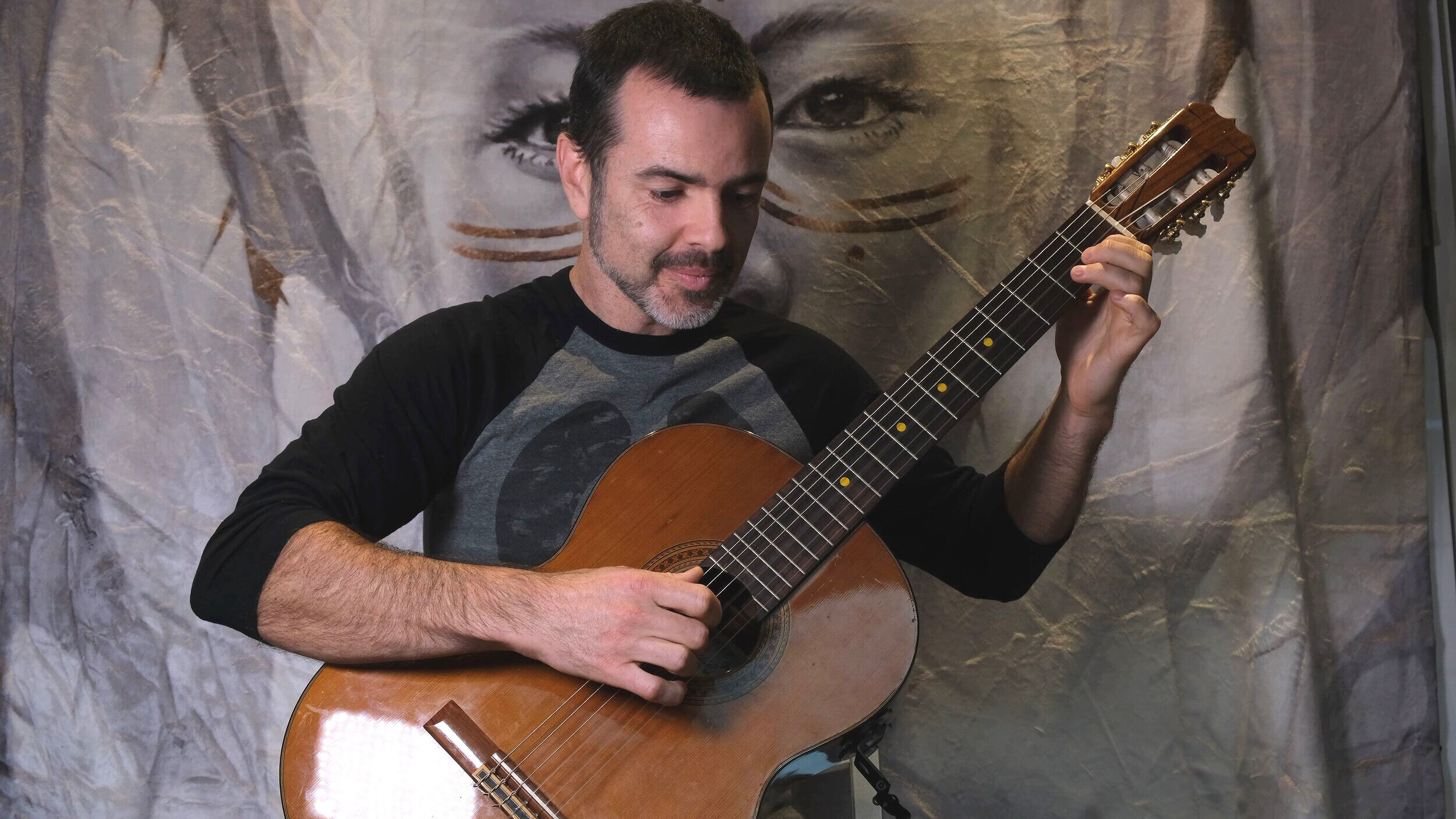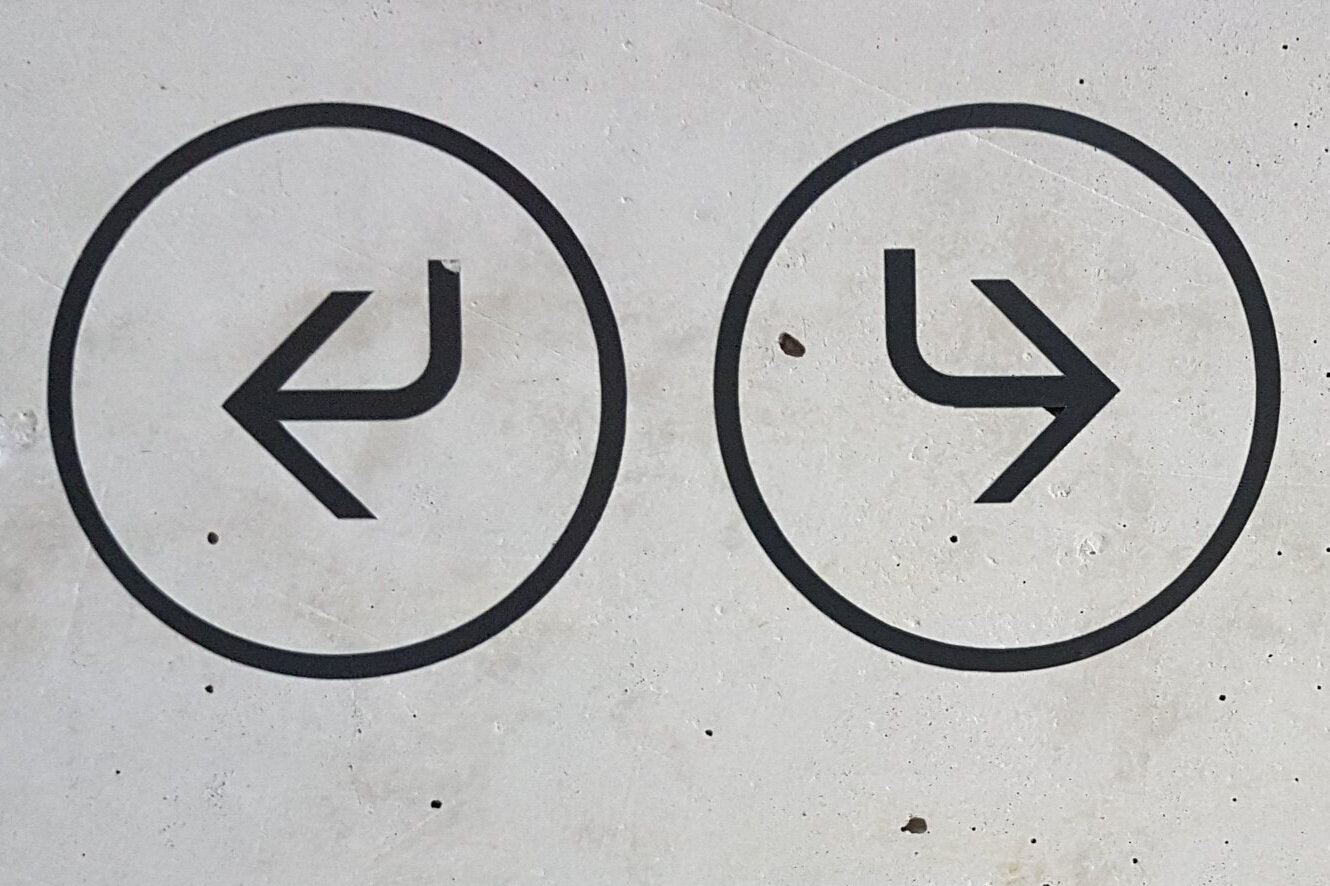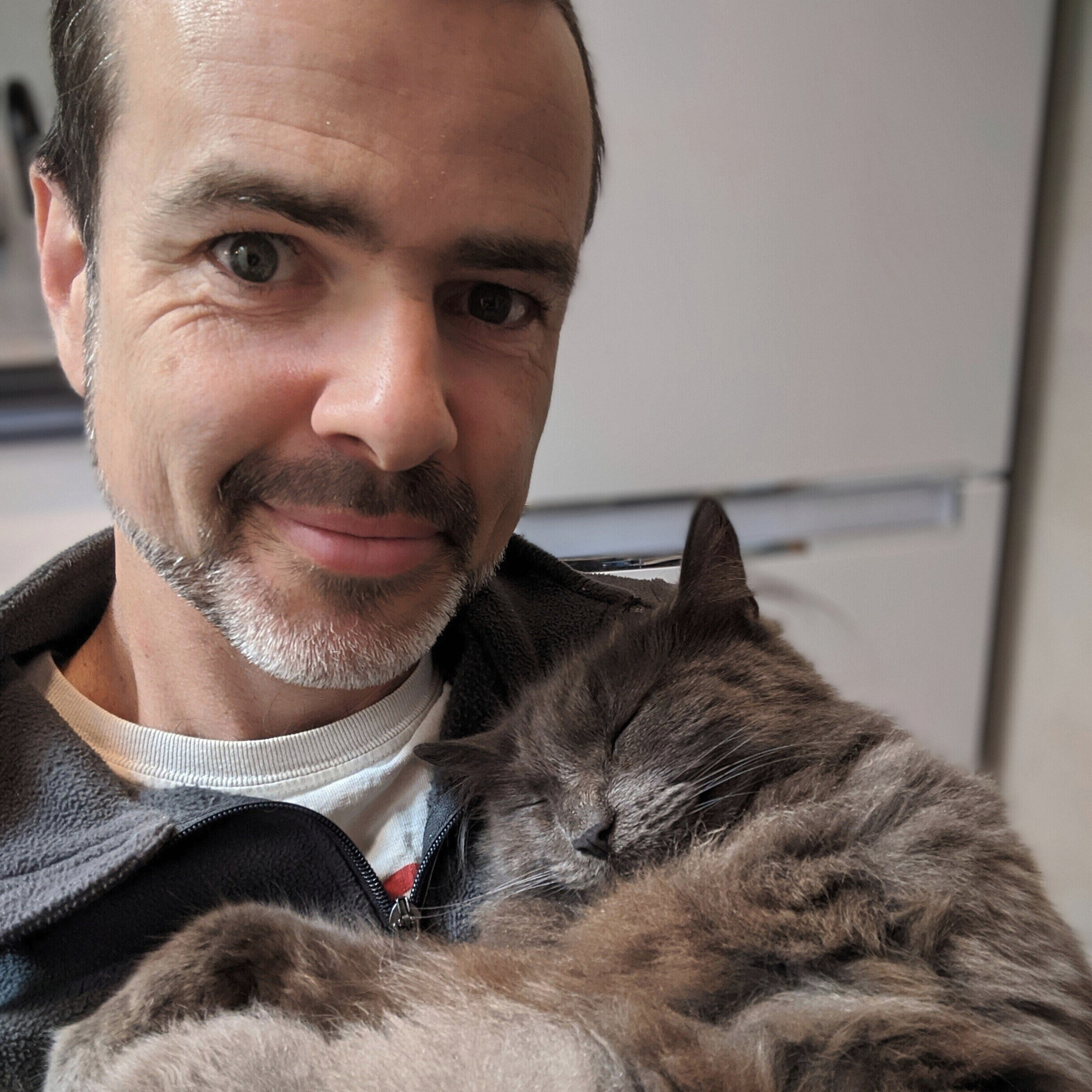End of Life Planning: What, Who, Why and When?
The time before and immediately following death is often highly emotional. It is perhaps the worst time to have to make literal life and death decisions and to handle administrative tasks and finances. By facing your mortality in advance and creating the recommended documents, much of this burden can be shifted from the highly emotional times surrounding death to the present.
Learning the Guitar
The old saying is that the best time to plant a tree is 20 years ago; the second best time is today. My musical “today” had finally come.
2040
I’m terrified of what is happening in our world, and how little we seem to care, or if we do care how little we seem to be able to do about it. Daily I am seeing scientific reports and projections of just how soon environmental or societal collapse, or both, will occur. Possibly by 2040.
Why I Climb
Hanging off the side of a cliff, tens to hundreds of meters from the ground, with air all around me, I experience my own death. The rush of wind. The slowing of time. I close my eyes. I allow the experience.
It’s okay to be not okay, and it’s okay to be okay, and it’s okay to be both
Whether you are grieving the death of a loved one, or you facing your own death, or you are simply grappling with the nature of mortality, grief can arise with its many emotions. They are all valid. However, you feel, it is valid and it is okay to feel how you feel.
A Small Bird
To hold a human who is dying as simply and purely as one can hold a bird, to be fully present without projection of our fear or doubt, is a primary reason why we engage with death, practice death, and shift our relationship with death. Today I held a small bird, tomorrow it may be my mother, or father, or friend, or beloved. Or it may be me who is being held.
Absence vs Grief (and Four Legged Teachers)
There simply was nothing to grieve. I missed her constantly, the absence was palpable and painful, but that was all. She had lived a healthy, long, diverse life, and she had died peacefully surrounded by love, purring her way out. We should all be so lucky.
Letting Go of the Search for Answers
But perhaps more than any other big question, we are obsessed with the question of what will happen after we die. So personal and so mandatory is our own death, that this question supercedes all others.
The Power of Language in How We Relate to Death (and Everything Else)
Words have power. We are collectively afraid of even saying words such as “death” or “die” or “dead.”
Why Talk About Death?
Changing how we talk about death is often the first step in changing our relationship with death. These are four primary reasons it is important to talk openly about death.











